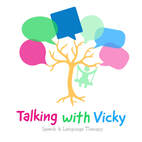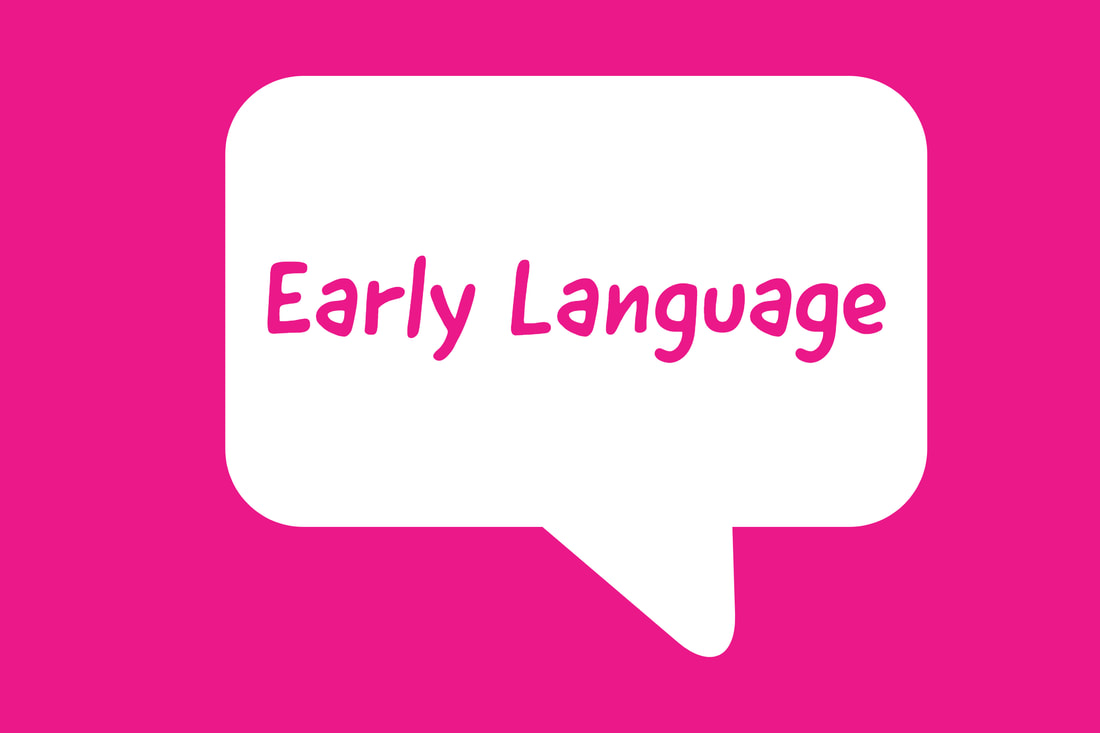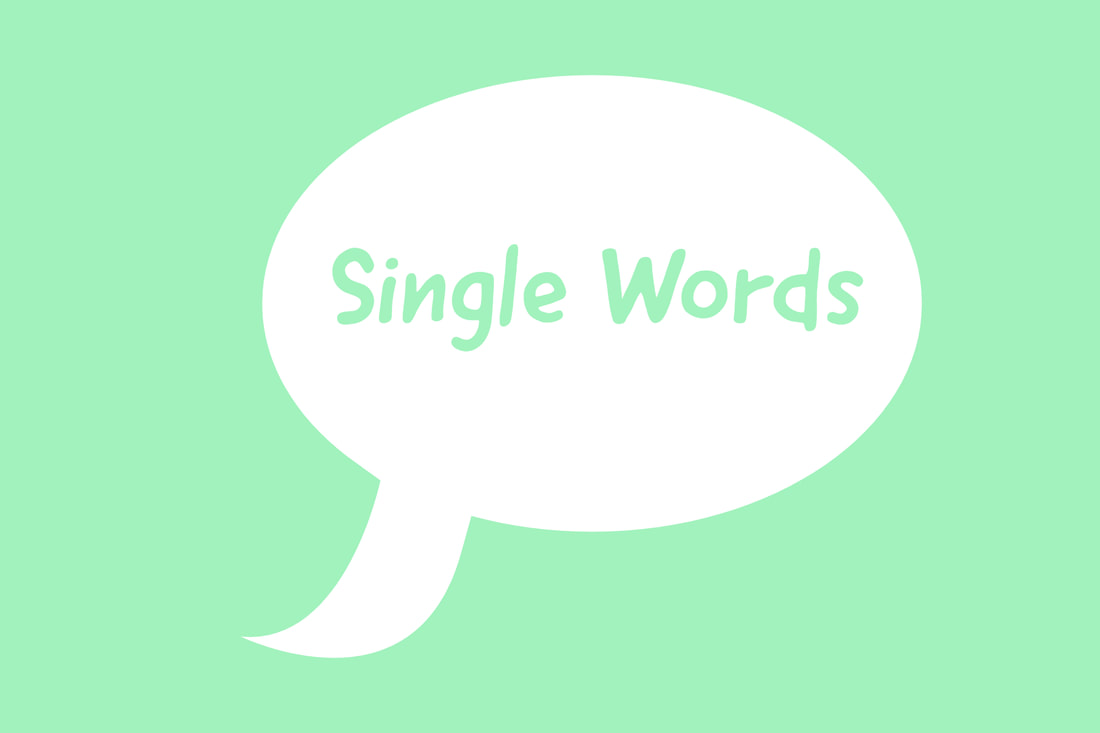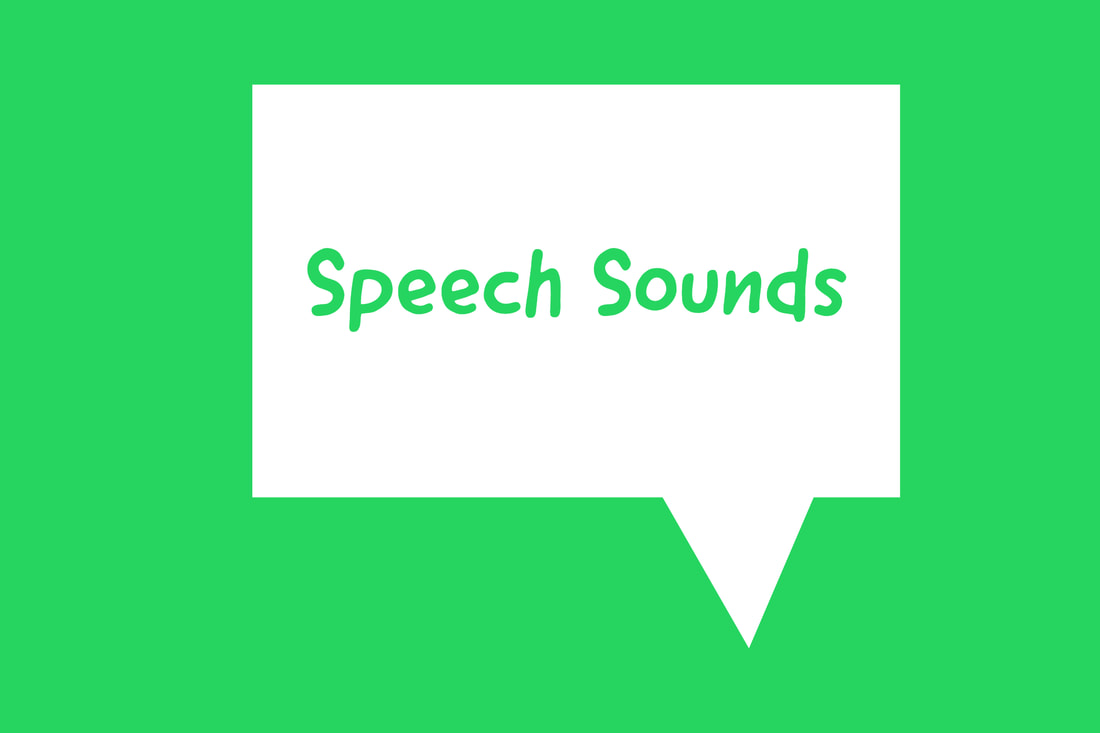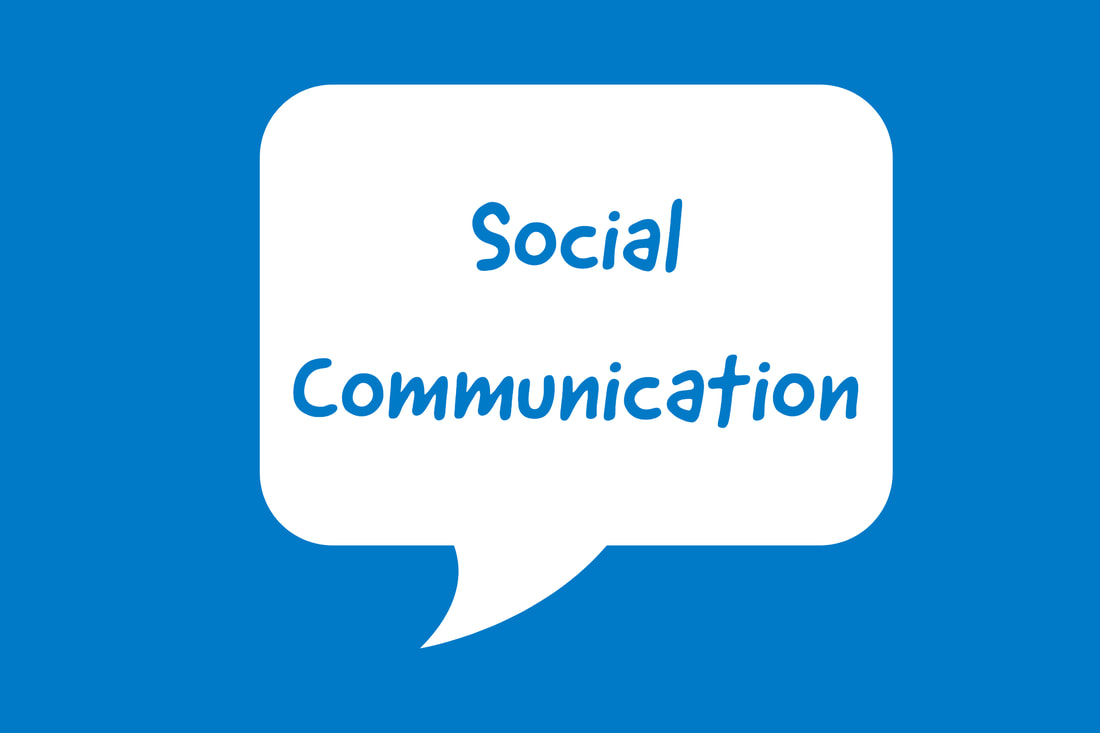How can you help your child?
Helping your child to develop speech and language skills can seem like a daunting task. In order to assist you and others to support your child Talking with Vicky have developed a few easy to use advice sheets that should help you to get started.
Following assessment you will be told which advice sheets would be most helpful to you. Simply click on the image of the advice sheet you have been advised to access and if you have any further questions, don't hesitate to ask.
Following assessment you will be told which advice sheets would be most helpful to you. Simply click on the image of the advice sheet you have been advised to access and if you have any further questions, don't hesitate to ask.
|
We all talk to children in long sentences. A child learns to listen to and select the most important words that they need to learn first in order to communicate their needs. They then start to say words and link them together until they can make full sentences. Children often need help to learn to link words together. Using these tools will help your child to develop in this area.
|
|
Some words are easy for a child to learn. (e.g. the names of everyday items - nouns). Other words are concept words which are harder to understand. We tend to avoid teaching concept words until the child has learnt a wide range of everyday nouns and verbs. Examples of concept words include concepts such as big and little and concepts of position such as on, in and under. If your child needs support in this area then the advice shared here will help you to get started.
|
|
It is often hard to learn to make all the sounds needed to form words. It is normal for the first attempts at words to be said incorrectly. Children then learn to perfect their speech until they can be understood by unfamiliar adults by the time they start school. This process can sometimes go wrong and children need support to develop their speech sound system. This general advice will support you to help your child in this process.
|
|
Some children may have difficulty understanding the messages we give to each other without speaking, such as the expression we show on our face, tone of voice or gestures such as waving, pointing or shrugging shoulders. They may also have difficulty using these communication methods and knowing how to use language in a range of different social situations. The advice shared will assist you to support the development of your child in social communication skills.
|
